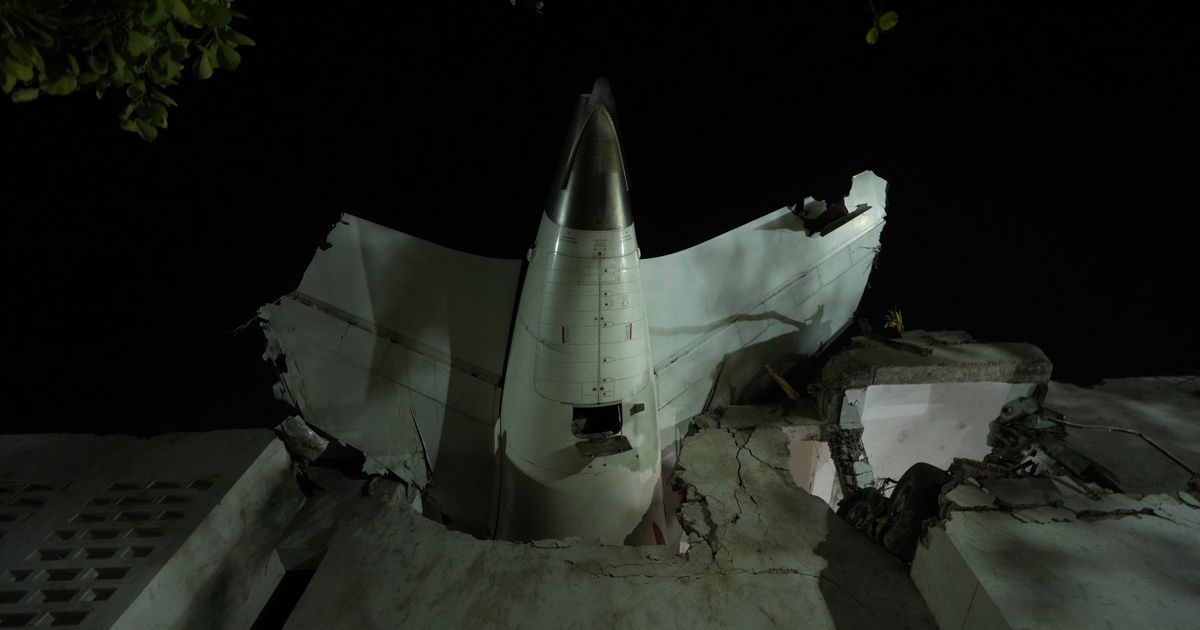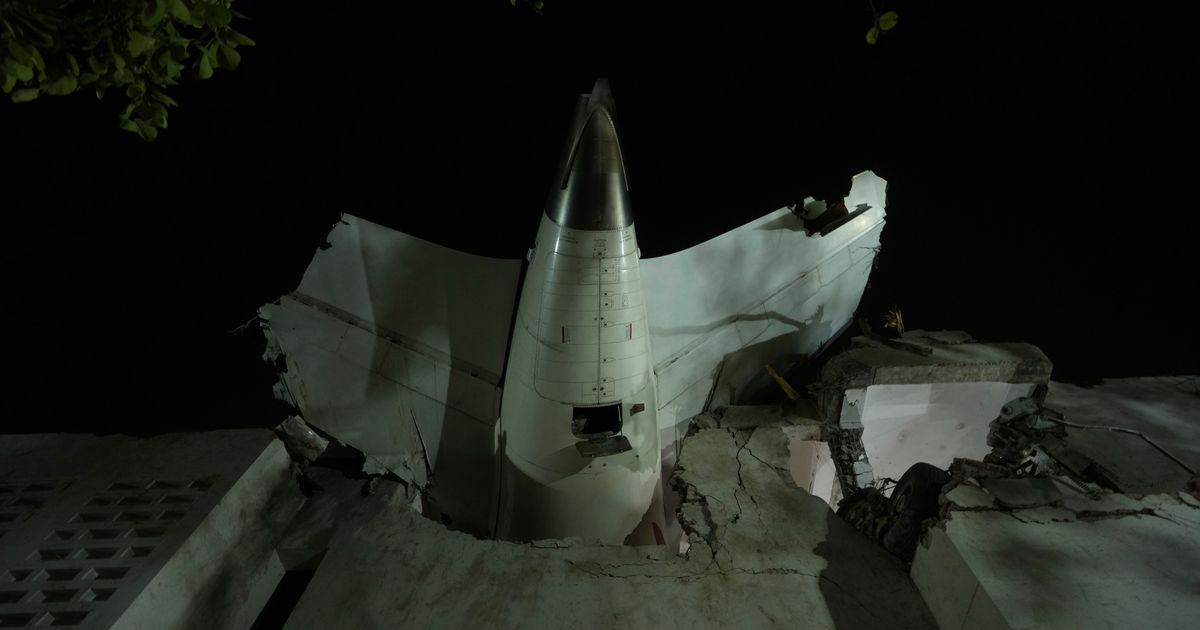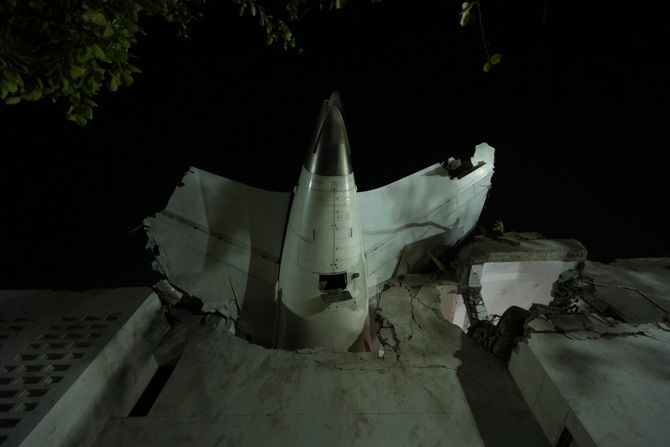India Snubs UN Help in Air India Crash Probe: What Are They Hiding?
On June 12, a Boeing Dreamliner of Air India crashed shortly after takeoff from Ahmedabad, killing all onboard and some on the ground. But here’s the kicker: India refused to let a United Nations investigator join the probe, rejecting the observer status offered by the UN. This isn’t the first time India has ignored international norms — the black box data was accessed only two weeks after the crash, sparking fierce criticism from safety experts.
What’s Behind the Refusal?
The UN’s International Civil Aviation Organization (ICAO) offered to send an investigator to assist, as they have in past disasters like the Malaysian and Ukrainian plane crashes. But Indian authorities coldly declined, ignoring Annex 13 rules that demand immediate analysis of flight recorders to prevent future tragedies.
A Delay That Costs Lives
The black boxes — cockpit voice recorder (CVR) and flight data recorder (FDR) — were found on June 13 and 16 respectively. Yet, investigators only got access to the data after two weeks. The team, led by India’s Aircraft Accident Investigation Bureau, is working with the US National Transportation Safety Board, but without UN experts. The Boeing Dreamliner crashed moments after takeoff, killing everyone onboard and some on the ground.
Why Does This Matter?
International rules clearly state that flight recorder data must be analyzed immediately and shared with relevant experts. Delays and refusal of UN help could mean hidden information or attempts to cover up mistakes. In an era where aviation safety is paramount, India’s behavior casts a dark shadow over the investigation.
Is This Just the Beginning?
Refusing UN investigators isn’t just a technicality — it signals India might not want the full truth about the crash to come out. While the world demands answers, India retreats into silence, leaving victims’ families and the public in the dark.
Bottom Line
This situation is a wake-up call. How can we trust air travel safety if crucial investigations are opaque? India faces heavy criticism, and the question remains whether the international community will let this slide.
So, what do you think about India’s refusal? Just bureaucratic red tape or something way more serious? Drop your thoughts — let’s keep the conversation rolling!











